I’m a student of moral science at the university of Ghent. I also started and ran EA Ghent from 2020 to 2024, at which point I quit in protest over the Manifest scandal (and the reactionary trend it highlighted). I now no longer consider myself an EA (but I’m still part of GWWC and EAA, and if the rationalists split off I’ll join again).
If you’re interested in philosophy and mechanism design, consider checking out my blog.
I co-started Effectief Geven (Belgian effective giving org), am a volunteer researcher at SatisfIA (AI-safety org) and a volunteer writer at GAIA (Animal welfare org).
Possible conflict of interests: I have never received money from EA, but could plausibly be biased in favor of the organizations I volunteer for.
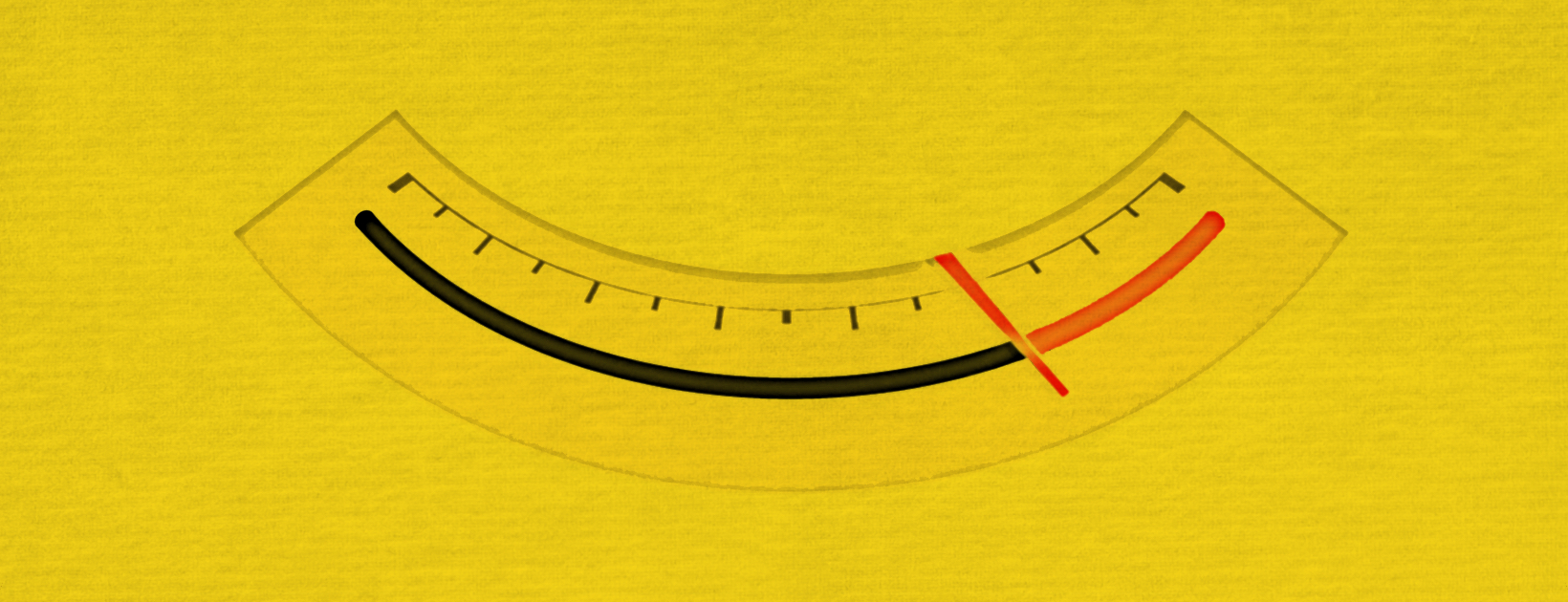
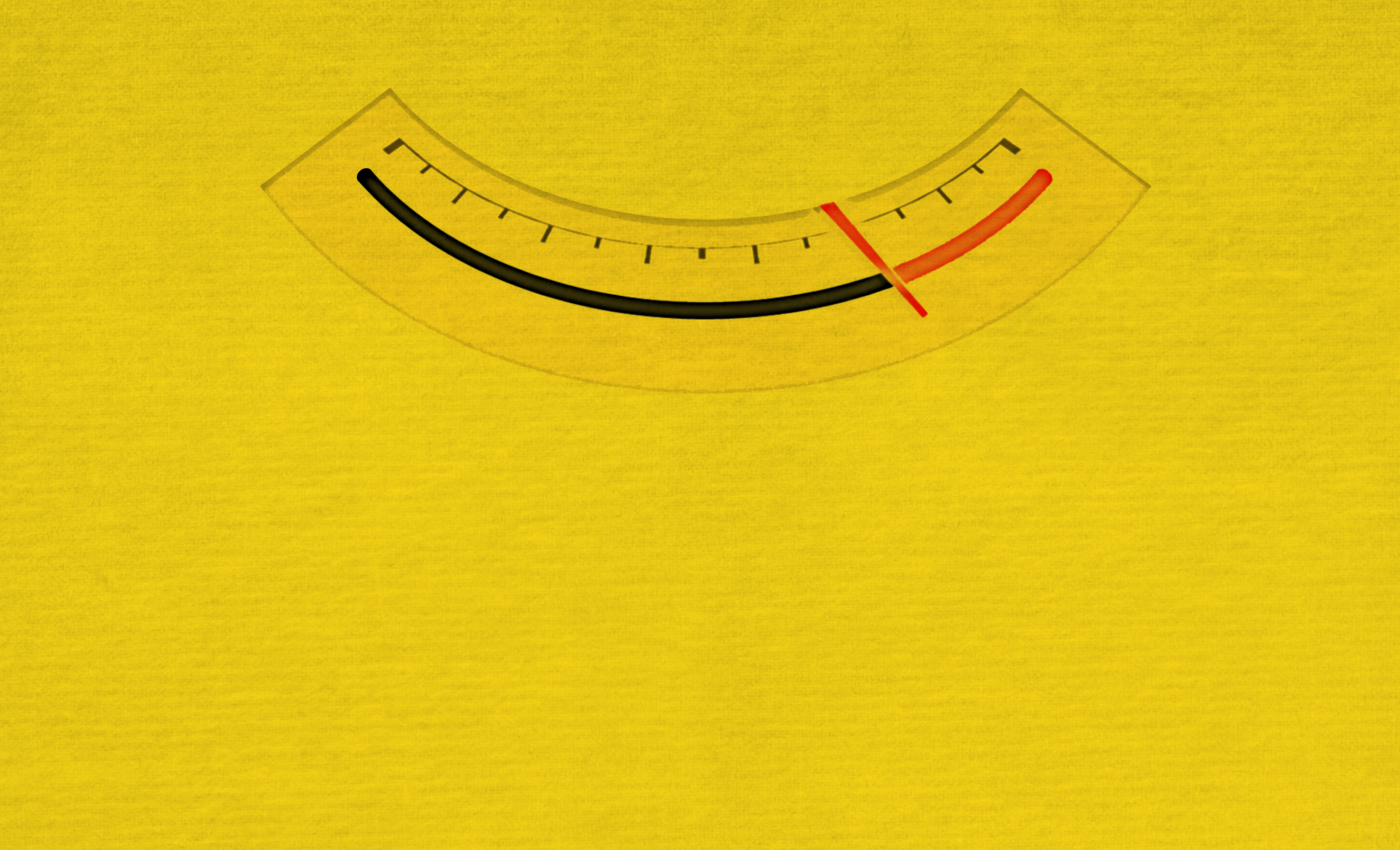
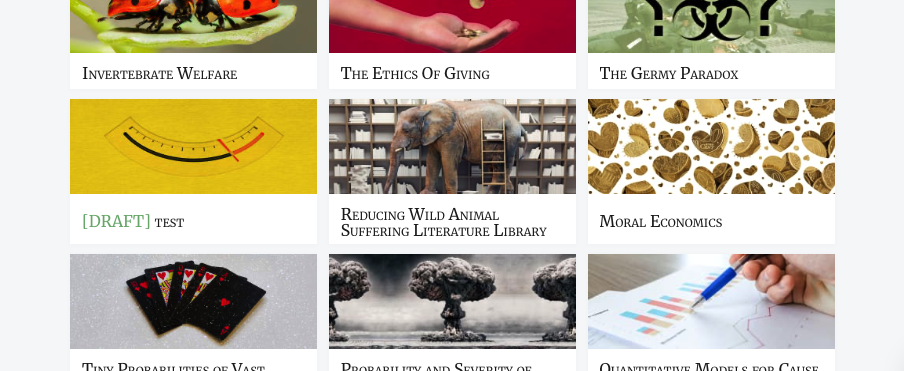
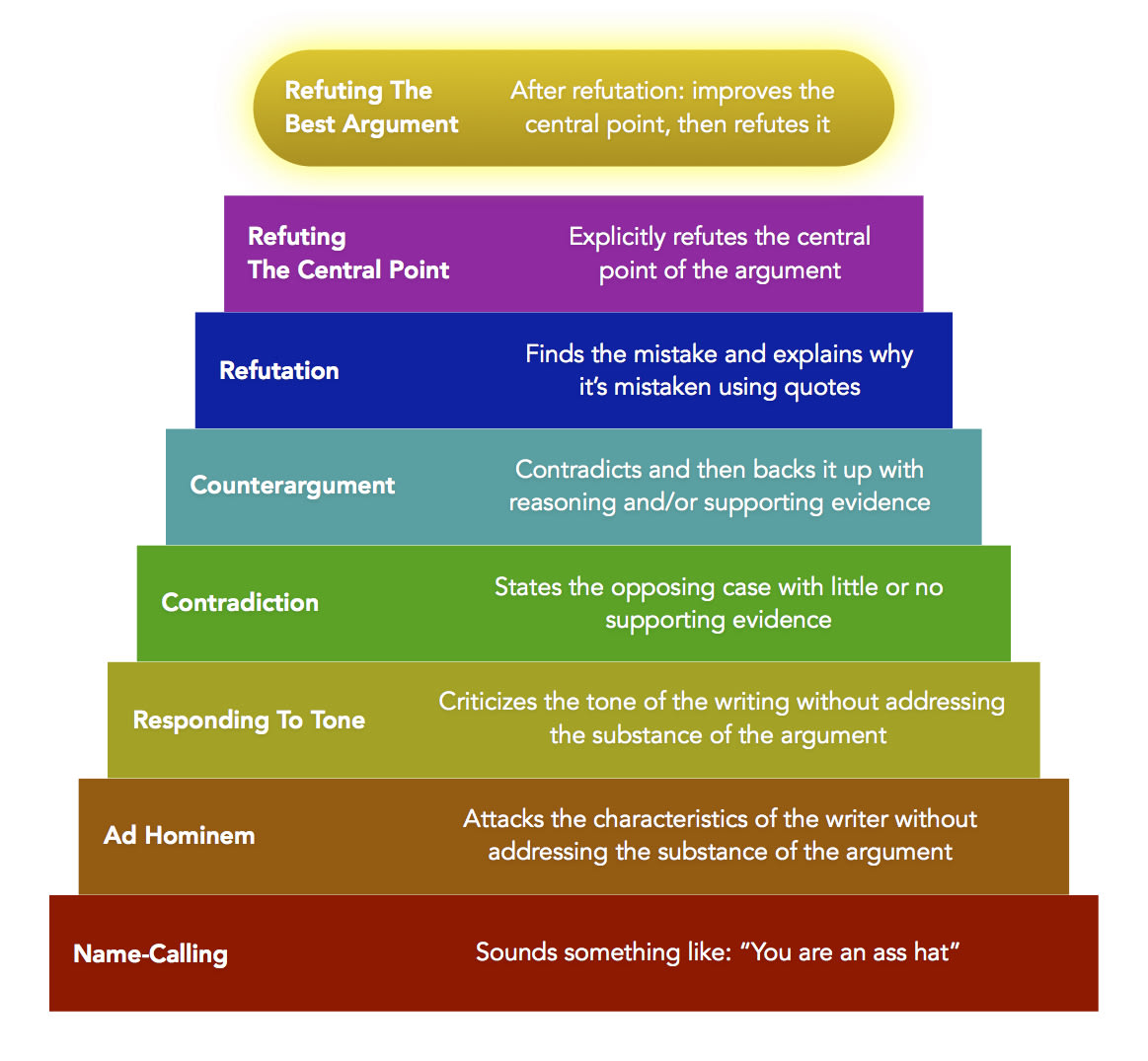
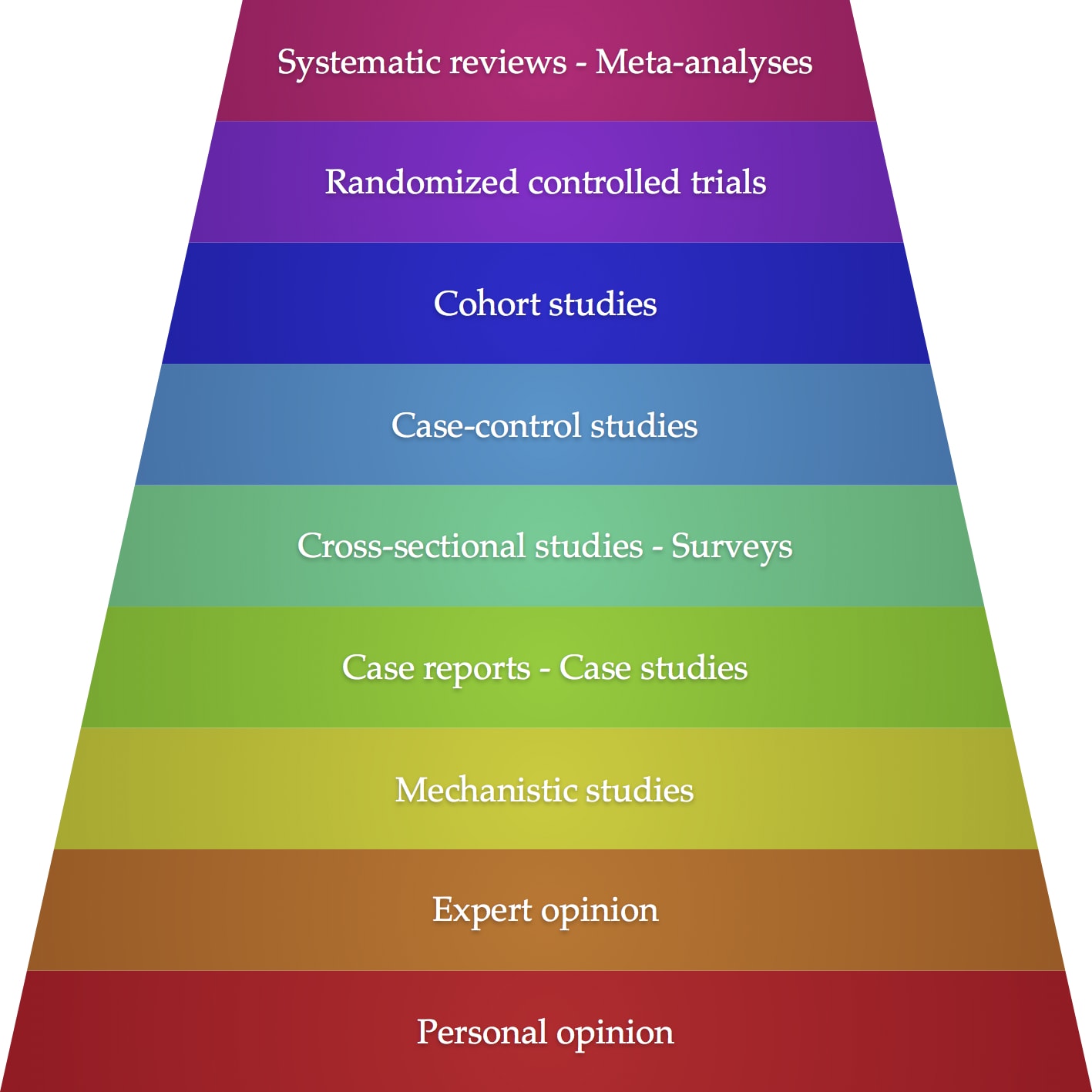
Beauty vs Happiness Thought Experiment
Say a genie were to give you the choice between:
1) Creating a stunningly beautiful world that is uninhabited and won’t influence sentient beings in any way or 2) Not creating it.
In addition, both the genie’s and your memories of this event are immediately erased once you make the choice, so no one knows about this world and you cannot derive happiness from the memory.
Would you choose option one or two?
I would choose option one, because I prefer a more beautiful universe to an uglier one (even if no one experiences it). This forms an argument against classic utilitarianism.
Classic Utilitarianism says that I’m wrong. The choice doesn’t create any happiness, only beauty. This means that, according to classic utilitarianism, I should have no preferences between the two options.
There are several moral theories that do allow you to prefer option one. One of which is preference utilitarianism which states that it’s okay to have preferences that don’t bottom out in happiness. For this reason, I find preference utilitarianism more persuasive than classic utilitarianism.
A possible counterargument would be that the new world isn’t really beautiful since no one experiences it. Here we have a disagreement over whether beauty needs to be experienced to even exist.
A third way of looking at this thought experiment would be through the lens of value uncertainty. Through this lens, it does make sense to pick option one. Even if you have a thousand times more credence in the theory that happiness is the arbiter of value, the fact that no happiness is created either way leaves the door open for your tiny credence that beauty might be the arbiter of value. Value uncertainty suggests that you take the first option, just in case.